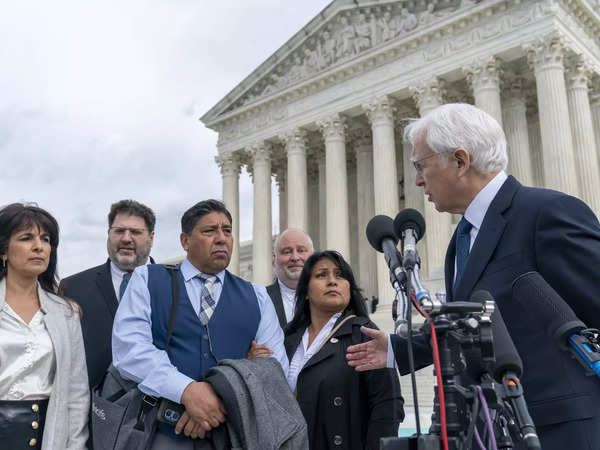By Kerry Howard Mwesigwa
Engulfed in a momentous legal dispute that held the entire nation’s gaze, the Supreme Court of the United States examined the intricate issue of liability exemptions under Section 230 of the Communications Act of 1934 in the cases of Twitter, Inc. v. Taamneh and Gonzalez v. Google LLC. These cases delved into the responsibility of internet service providers in recommending and hosting terrorism-related content, challenging the scope of Section 230 and its implications for the online landscape.
The genesis of these cases lies in the tragic terrorist attacks that occurred in Paris in November 2015, resulting in the loss of numerous lives, including that of Nohemi Gonzalez, a young American student. Seeking justice, Gonzalez’s family filed a lawsuit against Google, asserting that YouTube’s recommendation system had directed users to Islamic State recruitment videos, which they claimed contributed to Nohemi’s death. Similarly, Twitter faced accusations of aiding and abetting a designated foreign terrorist organizations most notably The Islamic State of Iraq and Syria (ISIS). Both companies invoked the protection of Section 230, which shields internet service providers from third-party content on their platforms.
The lower courts ruled in favor of the tech giant google and the decisions were upheld by the Ninth Circuit Court of Appeals, the families of the victims appealed the case to the Supreme Court. In the Twitter case, the district court initially ruled in favor of the plaintiffs, while the Ninth Circuit Court of Appeals upheld that decision. The Supreme Court ultimately became the final resort for Twitter to reverse those rulings and clear Twitter of liability in the case. The crux of their argument centered on the role of algorithms in shaping online experiences and whether such algorithm-generated recommendations should be considered a form of moderation beyond the scope of Section 230. They emphasized the significant impact of determining the applicability of Section 230 to recommender systems on social media platforms.
Granting certiorari for Twitter, Inc. v. Taamneh and Gonzalez v. Google LLC, the Supreme Court engaged in rigorous deliberations. During oral arguments, the Justices probed the functioning of algorithms in internet services, specifically addressing YouTube’s targeted recommendations of terrorism-related content. They expressed concerns about the potential consequences of altering Section 230, highlighting the potential flood of lawsuits and potential economic implications.
On May 18, 2023, the Supreme Court issued its unanimous decision in both Twitter, Inc. v. Taamneh and Gonzalez v. Google LLC. The Court determined that the allegations against social media companies under the Antiterrorism Act did not constitute a valid claim. However, the Court refrained from delivering a definitive ruling on the interpretation of Section 230. In the per curiam order for Gonzalez, the Court vacated the Ninth Circuit’s decision, remanding the case for reconsideration in light of the Twitter decision.
The Supreme Court’s decisions in Twitter, Inc. v. Taamneh and Gonzalez v. Google LLC hold immense significance for the liability protections of internet service providers and the regulation of online content. While the Court did not directly address the application of Section 230 to algorithm-generated recommendations, these cases sparked conversations surrounding the need for potential reforms. The rulings reinforced the crucial role of Congress in shaping legislation that governs online content moderation. As the digital landscape continues to evolve, striking a balance between free speech, liability, and user protection remains a complex and ongoing challenge.
By shedding light on the intricate legal landscape surrounding liability exemptions and the implications for online platforms and their users, the Supreme Court’s decisions set a precedent for future cases involving the responsibilities of internet service providers and the regulation of online content.















